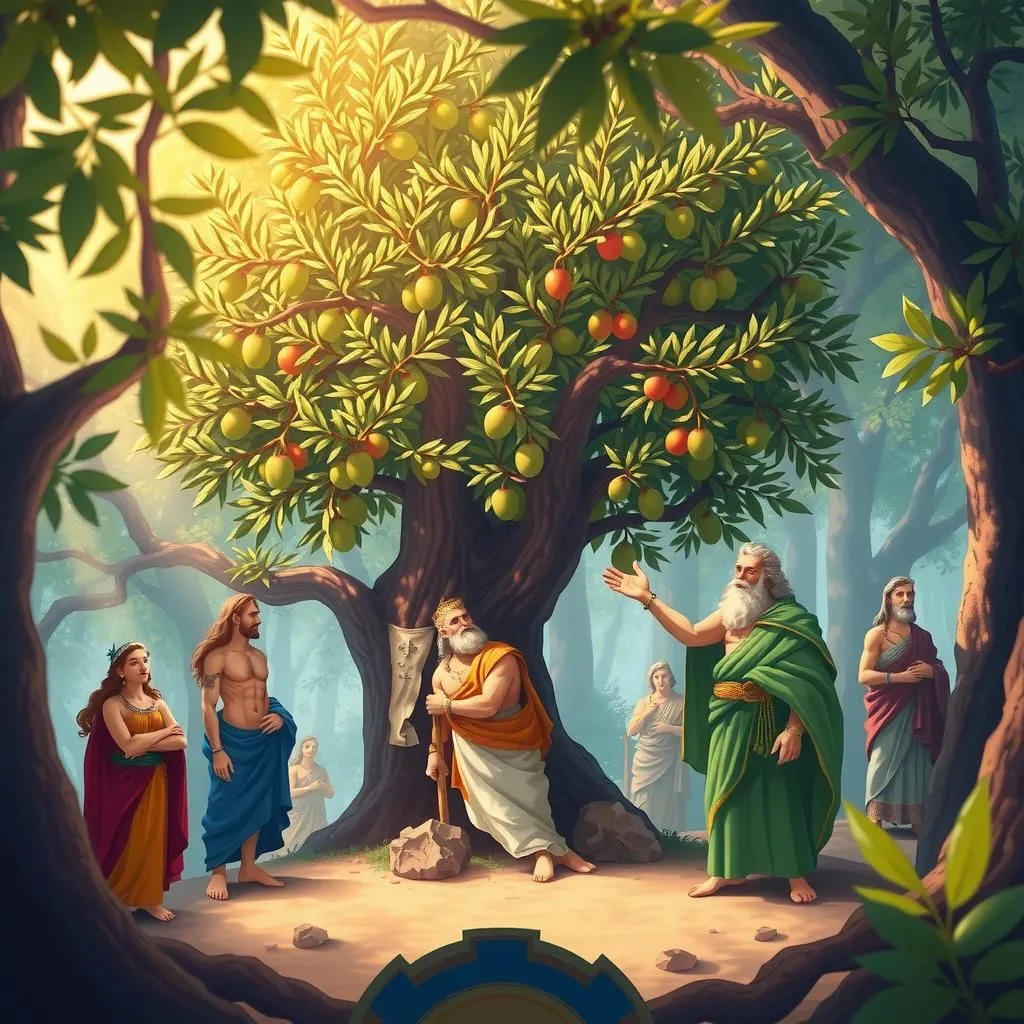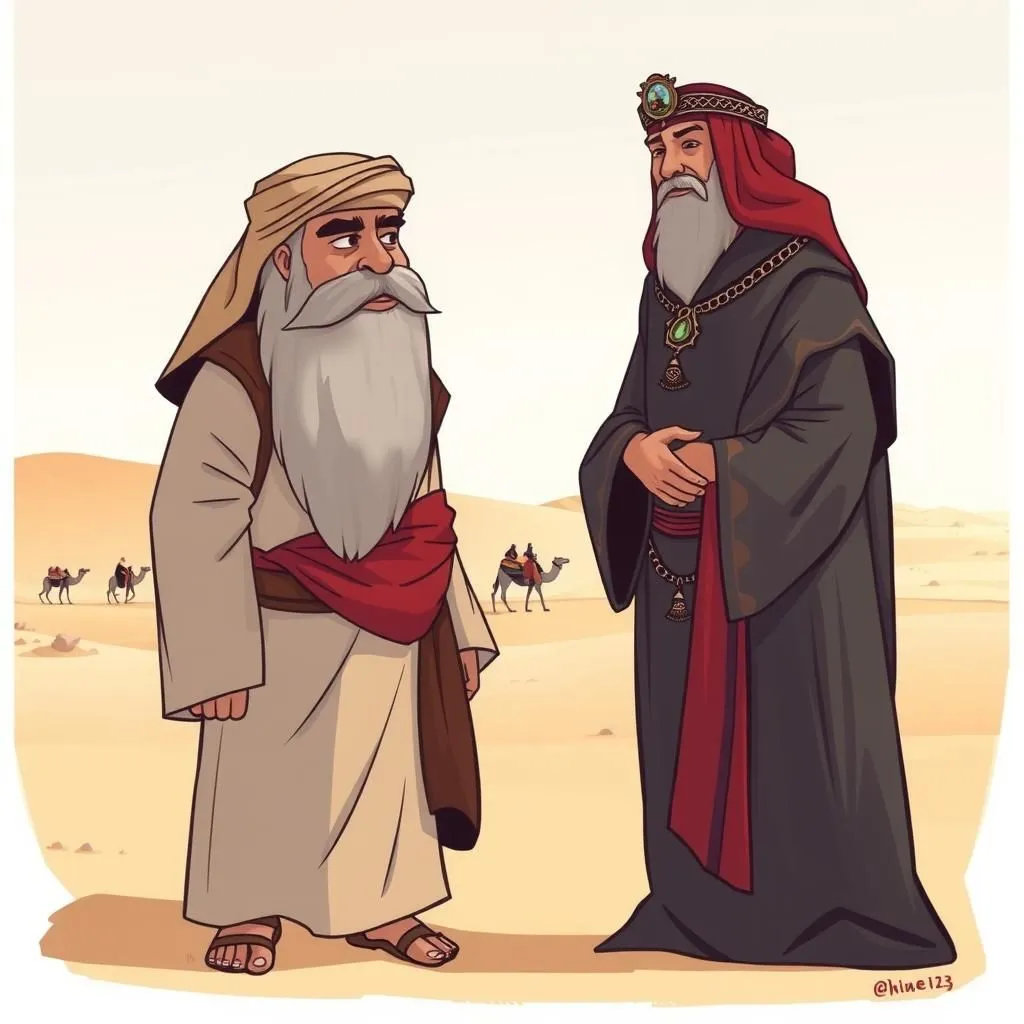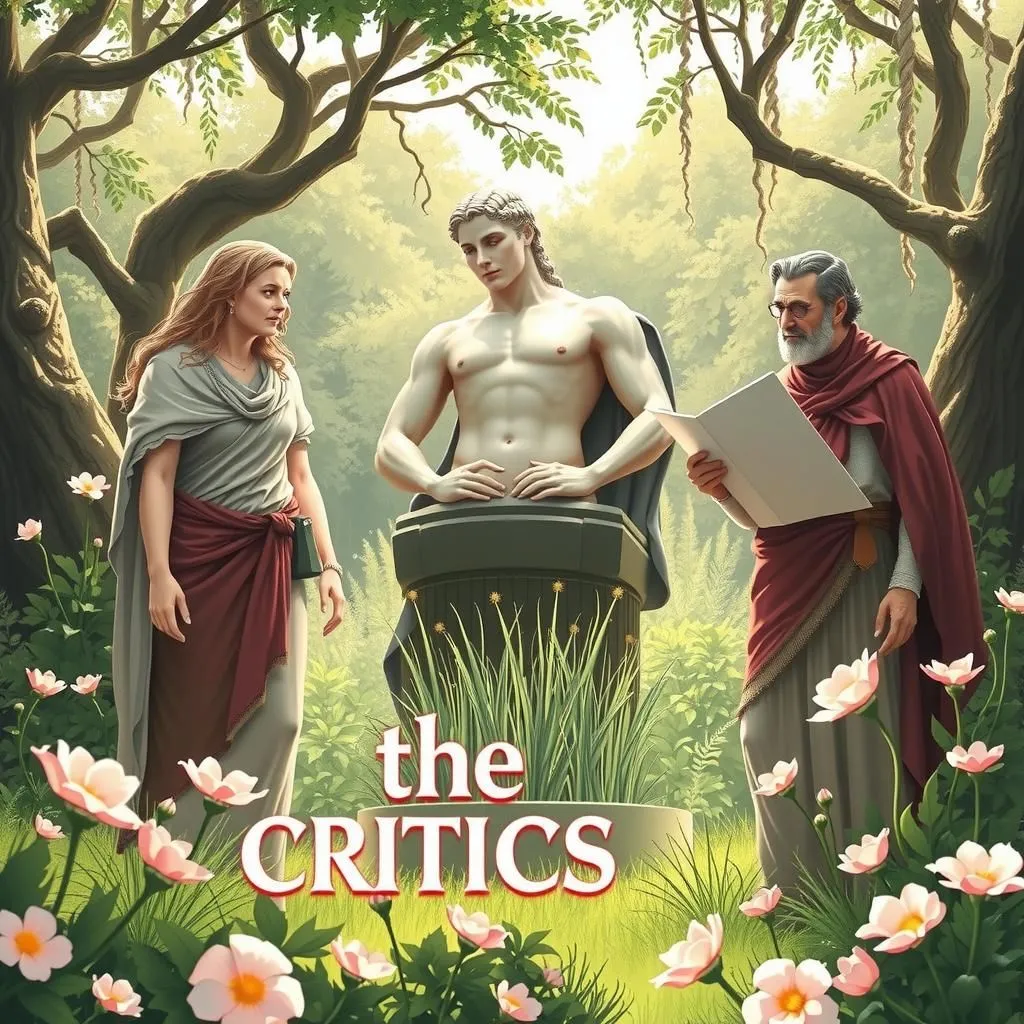
The Frogs Complaint Against the Sun
In "The Frogs' Complaint Against the Sun," a classic tale from short story collections with moral lessons, the Frogs voice their fears to Jupiter about the Sun's intention to marry, worried that his future offspring could further dry out their marshy homes. This bedtime moral story highlights the Frogs' plight, emphasizing the importance of considering the consequences of one's actions, making it a valuable addition to childhood stories with moral insights. As they lament their dire situation, the narrative encourages personal growth by reflecting on the potential impact of new beginnings.


